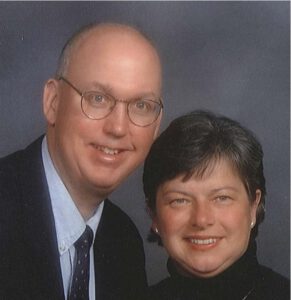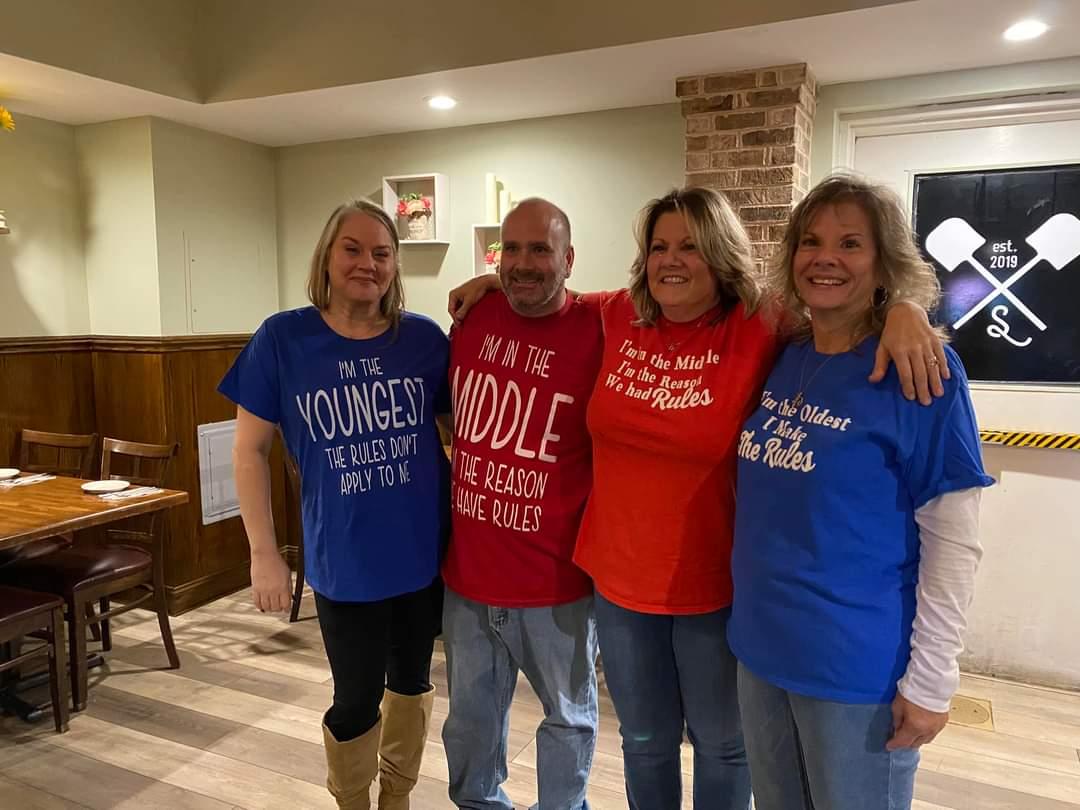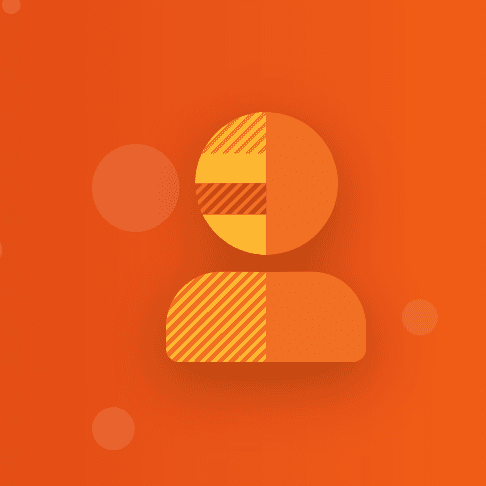
My parents aren’t world-class athletes, but in the summer of 2009 they both competed in the Senior Olympics. They were representing their home state of Wyoming, where people – much less senior athletes – are few and far between.
It was at the Senior Olympics that my parents first encountered 23andMe. The company had set up a booth to test competing athletes, and my parents gladly sent off their spit sample. Both have a background in medicine – my father is a quasi-retired anesthesiologist and my mother is a retired dentist – but neither of them were familiar with the company or had much experience with genetics. Since then, however, they have become huge fans of 23andMe. Given that they were keen on 23andMe years before I started working here, their enthusiasm is more than just supportive parents happy to see their daughter gainfully employed. I asked my dad for his thoughts, both as a customer and as an anesthesiologist.
Genetics is a rapidly changing field, and my father went to medical school many years ago. I was curious what he was taught in school about genetics.
Me: What was your training in genetics?
Garry E. Rains, MD (Dad): In ancient times, when I went to medical school, genetics was mostly descriptions of syndromes, such as Down or Turner, and specific diseases, such as cystic fibrosis or Duchenne muscular dystrophy. As these conditions manifested in children, genetics was a subset of pediatrics. I learned very little of the science of molecular genetics, and still know very little about it. Remember, the Human Genome Project produced its first complete draft twenty-six years after I graduated from medical school.
Considering that genetics wasn’t a huge part of my dad’s training, I was curious if he thought genetics was important in his work and how he decides on the amount of medication that he gives patients.
Me: How does genetics affect your patients’ responses to drugs? For which treatments or conditions do you think genetic testing could be most beneficial?
Dad: Many of the drugs I use as an anesthesiologist manifest a sixteen-fold variability in response to a standard mg/kg dose. A core competency of anesthesiology is to apply monitoring devices to the patient to precisely assess the patient’s response to a drug, and then adjust dosing, and add other drugs appropriately, given the observed response of the patient. Much of patient response variability is driven by patient factors (age, sex, weight) and comorbidities (cardiovascular disease, renal disease, lung disease), plus the vagaries of the surgical procedure.
The patient’s genetics are also a factor. Pharmacogenomics is becoming more relevant to clinical practice every day, and I hope to soon routinely have patient genetic information as part of the preoperative workup. I expect pharmacogenomics to advance rapidly, and for clinical solutions to become available within a few years.
Stratified medicine is already being used in oncology wherein treatments are selected for breast, lung, and colorectal cancer after patient protein measurements. In anesthesiology, we currently try to customize care through the use of precise monitoring. Soon, we will know more about how the individual patient might handle the drugs as molecular profiling advances.
A current debate in the field of genetic testing is how genetic information should be distributed. Some people feel that genetic information should be directly available to consumers; others believe that genetic information should be distributed only by doctors and other trained professionals. I was curious whether my dad, as a doctor, had an opinion.
Me: What do you think of direct-to-consumer genetic testing?
Dad: I think it is a great idea. Personal genetic testing essentially allows one to access one’s medical family history in an expanded and detailed way. That information may be useful in a myriad of ways. Applying the information might require professional medical judgment, just as profitably applying stock quotes might require an investment advisor. In both cases, the decision to utilize professional help should be up to the individual buying the information. The SEC doesn’t regulate stock quotes, and the FDA should not be trying to regulate medical genetics data.
Because my parents have been 23andMe users since the 2009 Senior Olympics, I asked my dad for his reasons for sticking with the company (beyond being the supportive parents that they are).
Me: Why are you a 23andMe user?
Dad: While personal genetics is really just starting, useful information is already available. For example, I found out that I am at increased risk for [age-related] macular degeneration. I now see my ophthalmologist yearly to monitor my retina.
As new information becomes available, some might be actionable pursuant to health maintenance. That is potentially more important than the information I get from my Netflix subscription, and 23andMe costs less than Netflix.
Granted, my dad’s responses should be taken with a grain of salt; he was also wildly enthusiastic about my seventh grade science fair project. That being said, he isn’t the only anesthesiologist who is excited about the impact of genetics. Recently the blog GenomesUnzipped.org included a guest contribution from an anesthesiologist discussing one case study and recognizing the potential influence genetics may have on anesthesiology. At the very least, it seems that the days of genetics being relegated to a subset of pediatrics are over.
23andMe’s services are not a substitute for professional medical or diagnostic advice. Always consult your physician for medical or diagnostic advice.



